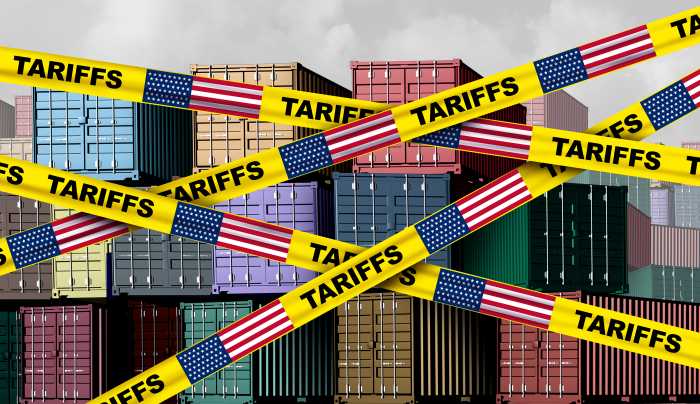A revised treaty establishing an economic union among countries of the sub-regional Organization of Eastern Caribbean States (OECS) came into effect on Jan. 21.
The revised treaty makes possible the creation of a single financial and economic space within which goods, people and capital move freely and monetary and fiscal policies are harmonized.
In addition, countries continue to adopt a common approach to trade, health, education and environment, as well as to the development of such “critical sectors” as agriculture, tourism and energy.
“The OECS Economic Union will empower OECS citizens by making possible greater freedom of movement and of economic action, by engendering a greater sense of belonging and of pride in their achievements, and by offering a wider array of social and economic possibilities,” said Dr. Denzil Douglas, the OECS chairman and Prime Minister of St. Kitts and Nevis.
“The OECS has been able to arrive at this important milestone through the deep and unwavering commitment of its member states to the OECS model: that of the pooling of resources for the common good,” he added.
“In this connection, member states must be congratulated for the tremendous effort and energy that they have invested in this enterprise,” Douglas continued.
“In similar vein, you, the citizenry of the member states, must be commended for your steadfast commitment and invaluable contribution to the deepening of the integration of our region,” he said.
The revised treaty was signed on Jun. 18, last year in St. Lucia, with Antigua and Barbuda, Dominica, Grenada, St Lucia, St. Vincent and the Grenadines and St. Kitts and Nevis concurring that Jan. 21 this year will be the date for its commencement.
Montserrat, which is the only non-independent member of the OECS, is still awaiting word from Britain regarding its full participation in the union.
“Significantly, the Treaty paves the way for the introduction of legislative competence at the regional level, so that member states of the OECS act in concert to develop and enact legislation in certain areas specified in the Treaty,” the Secretariat said.

























